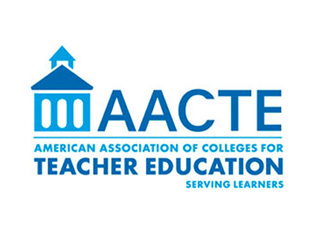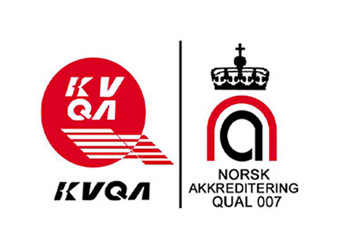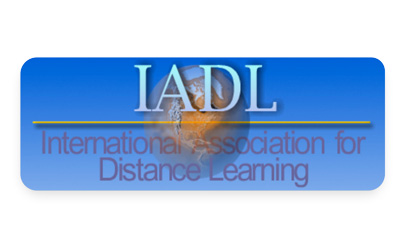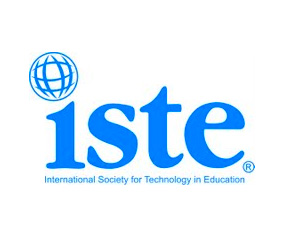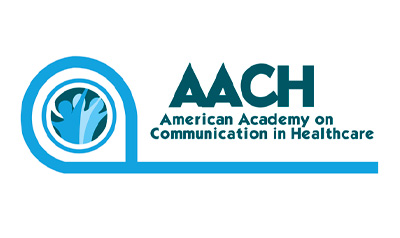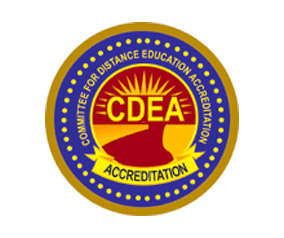
D.Litt. (Doctor of Literature) 2-5 Years
About
The Doctor of Literature (D.Litt.) is an academic degree that is considered a higher doctorate in many countries. It is awarded by universities and learned bodies to recognize outstanding scholarly achievements in the domain of letters. The D.Litt. degree is typically awarded to scholars specializing in the fine arts within the humanities.
One of the key benefits of obtaining a D.Litt. degree is the recognition it confers upon the recipient. It is a prestigious and rare honor that signals to the academic community and potential employers that the recipient is an expert in their field and has made significant contributions to the study of literature. This recognition can open up many career opportunities for D.Litt. holders, including academic positions in universities and research institutions, leadership positions in literary societies and organizations, and consultancy roles in various industries.
Another benefit of pursuing a D.Litt. degree is the opportunity to engage in in-depth research and study in one’s area of interest. The program provides a rigorous and challenging curriculum that allows students to explore new ideas, develop their critical thinking skills, and contribute to the field of letters through original research and scholarly publications.
In summary, the D.Litt. degree is a prestigious and rare honor that recognizes outstanding scholarly achievements in the domain of letters. It offers many benefits, including increased recognition and career opportunities, the opportunity for in-depth research and study, and the ability to contribute to the field of letters through original research and publications.
Courses / Specialisations
Material Includes
- Online Portal Access
- Learning Materials
- Practice Materials
Eligibility
- Completion of a Master's degree in a relevant field, such as literature, creative writing, or cultural studies
- Academic excellence, demonstrated through a high GPA and academic awards or honors
- A strong background and interest in literature, with a passion for research and scholarship in the field
- Experience in conducting independent research, as evidenced by a thesis or research paper completed during the Master's program
- A well-defined research proposal outlining the intended area of study and potential contributions to the field of literature
- Strong writing and communication skills, as well as the ability to work independently and as part of a team
- Relevant work experience in publishing, academia, or the arts and culture sector may also be considered an asset by some universities.
Career Prospects
- Professor of Literature
- Researcher in Literature
- Academic Dean
- Chair of Literature Department
- Editor
- Literary Agent
- Writer
- Critic
- Curator
- Director of Museum or Gallery
- Program Coordinator in Cultural Organization
- Policy Analyst
- Advocate for Arts and Culture
- Researcher in Government or Non-profit Organization
- Cultural Commentator or Public Speaker



